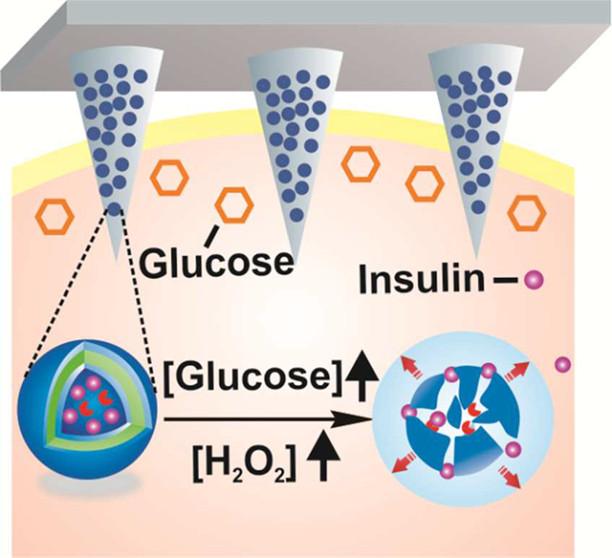A new study shows that female fetuses exposed to smoke have a higher risk of diabetes as adults, adding yet another example of how dangerous smoking and second-hand smoke is.

A fetus exposed to tobacco smoke may be at increased risk for diabetes in adulthood, a new study of adult daughters finds. The results were presented at ENDO 2015, the annual meeting of the Endocrine Society in San Diego.
Women whose parents smoked during pregnancy had increased risk of diabetes mellitus independent of known risk factors, adding to the evidence that prenatal environmental chemical exposures can contribute to adult diabetes mellitus.
“From a public health perspective, reduced fetal environmental tobacco smoke exposure appears to be an important modifiable risk factor for diabetes mellitus in offspring,” said lead study author Michele La Merrill, MPH, PhD, assistant professor of in the Department of Environmental Toxicology at the University of California, Davis.
“Medical doctors should consider advising pregnant smokers that emerging research suggests that tobacco smoking cessation in the home may benefit offspring by reducing their risk of developing diabetes mellitus independent of the effects of adult body mass index or birth weight on diabetes risk,” she added.
Dr. La Merrill and her colleagues studied 1,801 diabetic daughters between the ages of 44 and 54 years who were born between 1959 and 1967 in the Child Health and Development Studies pregnancy cohort in California, a study designed to examine the associations between prenatal exposures and health outcomes in the parents and offspring. The mothers had reported parental tobacco smoking during an early pregnancy interview, and the daughters developed diabetes mellitus.
Continue Reading Below ↓↓↓
The researchers had data on parental tobacco smoking during pregnancy, race, occupation, report of parental diabetes and self-report of body weight. They interviewed the daughters by phone, in-home visits and blood tests for glycated hemoglobin (hemoblogin A1c) to learn how well their diabetes was being controlled.
Prenatal smoking by the mothers had a stronger association with the daughters’ diabetes mellitus risk than prenatal smoking by the fathers, and this association remained after adjusting for parental race, diabetes, and employment.
Estimates of the effect of parental smoking remained after further adjustments for the daughters’ birth weight or current body mass index.
The authors advise that, although further studies are needed to confirm these results, pregnant women should avoid smoking tobacco and being around tobacco smoke to help prevent diabetes mellitus in their adult children.
The National Institute of Environmental Health Sciences, the Eunice Kennedy Shriver National Institute of Child Health and Human Development, and The California Breast Cancer Research Program Special Research Initiative funded this study.











